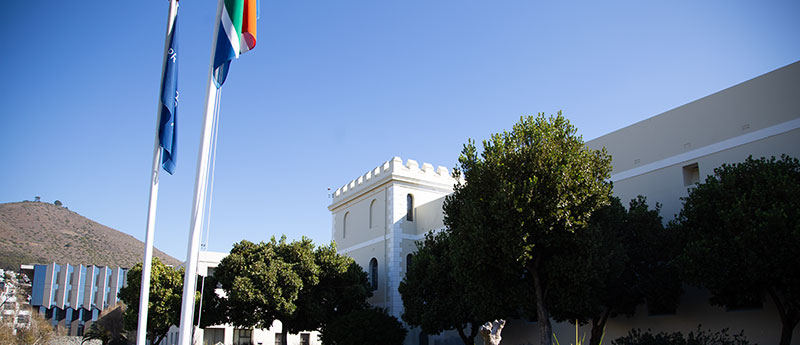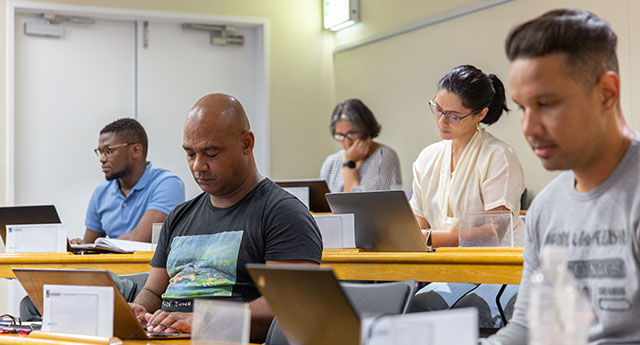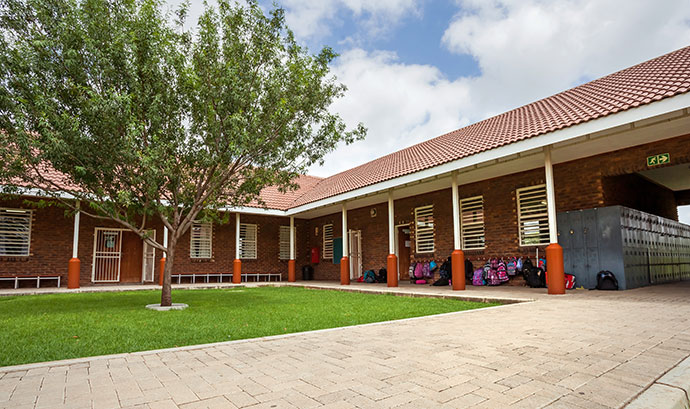The University of Cape Town Graduate School of Business (UCT GSB) has joined UNDP and the Global Resilience Partnership (GRP), alongside Yale School of Management and Oxford Saïd Business School, on a new initiative – Mobilising Business Schools for Resilience – that connects investors, students and frontline innovators to unlock finance for locally led climate adaptation.
“This initiative shows how universities can become spaces of innovation where students, investors, entrepreneurs, and researchers come together not only to learn how things work but also re-imagine how they could work better and co-create new approaches of tackling climate change challenges and risks,” says Dr Annika Surmeier, senior faculty member at UCT GSB.
The platform combines live fellowships, collaborative design workshops, teaching cases and investor roundtables to bridge the disconnect between capital and high-impact, community-based solutions – from smallholder farmers in Africa to coastal resilience projects in Latin America. Early collaborations include work with Mountain Harvest in Uganda on climate-smart, regenerative agriculture and farmer finance models.
The initiative also creates hands-on opportunities for CEMS Master in International Management (MIM) and MBA students to apply rigorous business tools to real adaptation challenges. “The fellowship was truly transformative… It turned climate finance from an abstract concept into something tangible and practical… and showed me how I can be part of the solution,” says Chidule Banda, a CEMS MIM student who participated through UCT GSB.
By embedding locally led adaptation principles and leveraging global networks such as GNAM, the programme reframes adaptation not as charity or outsized risk, but as smart, strategic investment capable of delivering social and financial returns.
About the CEMS MIM
The CEMS MIM at UCT GSB connects students to a global alliance of leading business schools and corporate partners, combining world-class management education with experiential projects that build inclusive, climate-resilient economies.




































































































































